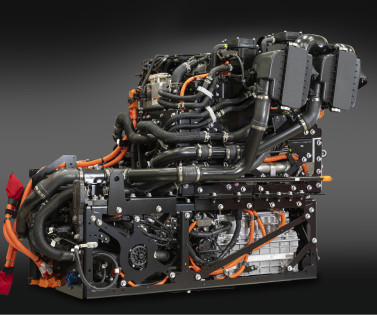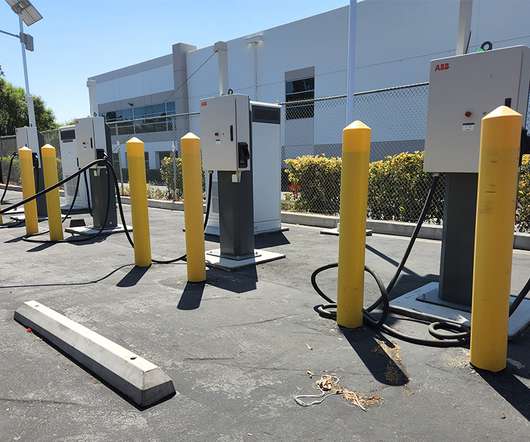Six trucking firms deploy ultra clean near-zero RNG trucks at Ports of Long Beach and Los Angeles
Green Car Congress
MAY 8, 2018
Six trucking firms operating in the Ports of Los Angeles and Long Beach are deploying trucks powered by Cummins Westport (CWI) near-zero ISX12N engines ( earlier post ), and fueled with Clean Energy Fuels Corp.’s The Ports of Los Angeles and Long Beach provided funding for two additional near-zero trucks.












Let's personalize your content